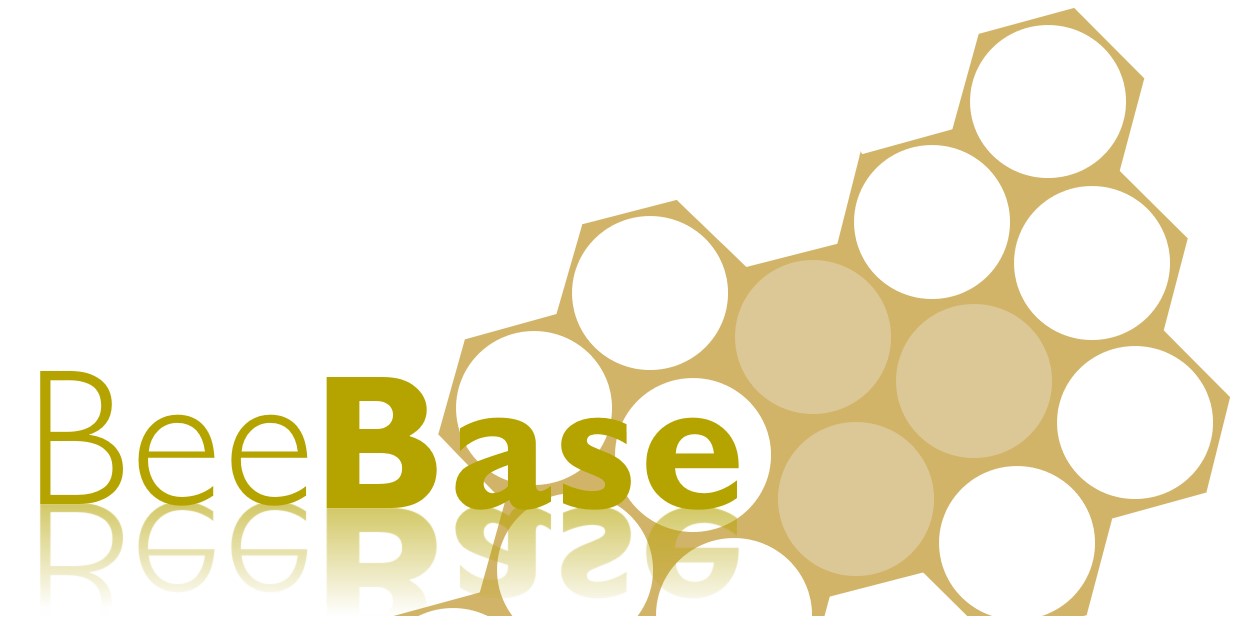Training in Beekeeping

A principal element of the work of the National Bee Unit and its Bee Inspectors is the provision of assistance to beekeepers on a wide range of bee health and husbandry issues.
This ranges from beekeeping advice given to individual beekeepers during apiary inspections through to large-scale organised lectures, apiary training sessions, day workshops and training seminars. These are organised across England and Wales by NBU Inspectors. In many areas beekeeping associations play an active and key role in helping us with these sessions.
NBU field-based Bee Inspectors can assist beekeepers by providing a range of training including:
- Training on foulbrood recognition and control; American foulbrood (AFB) and European foulbrood (EFB), recognition of other brood disorders and conditions, managing Varroa, Integrated Pest Management (IPM) and recognition of the exotic pests Aethina tumida (Small Hive Beetle), Tropilaelaps mites and non-native invasive species such as the Asian Hornet;
- Practical apiary safaris; voluntary apiary inspection tours, organized by local Beekeeping Associations covering their members' bees; and
- All training and talks have a bee health or biosecurity focus.
Generally:
- Regional Bee Inspectors will offer Bee Health Day events covering a range of topics delivered at county level and may be able to speak at regional conventions, subject to other commitments. Bee Health Days will usually be offered during the week, as inspectors are not generally available at weekends. With training time taken up by these larger events, regional Bee Inspectors are not normally able to offer smaller branch level talks.
- Seasonal Bee Inspectors will be able to offer Bee Safaris and branch/division talks during the inspection season, subject to existing commitments and inspection priorities.
- One area where we cannot provide support is training for beginners or assisting with beginners’ courses. The delivery of bee disease awareness, of use to beginners still learning to handle bees in their first or second season does not benefit from an inspector’s depth of knowledge, and we simply do not have the resources to able to cover this.
All requests for talks should in the first instance be directed to your Regional Bee Inspector, contact details for whom may be found on the Contacts page.
Consultancy
The National Bee Unit also provides beekeeping consultancy services and training for government and industry overseas. NBU staff have recent experience in working in Europe, Asia, America and Africa. Contact the NBU for more details.
NBU Advisory Leaflets
Please see our publications pages for the NBU advisory leaflets and fact sheets, and our page of articles and reports produced for BeeCraft, BBKA, Welsh Beekeepers and Bee Farmers Association.
